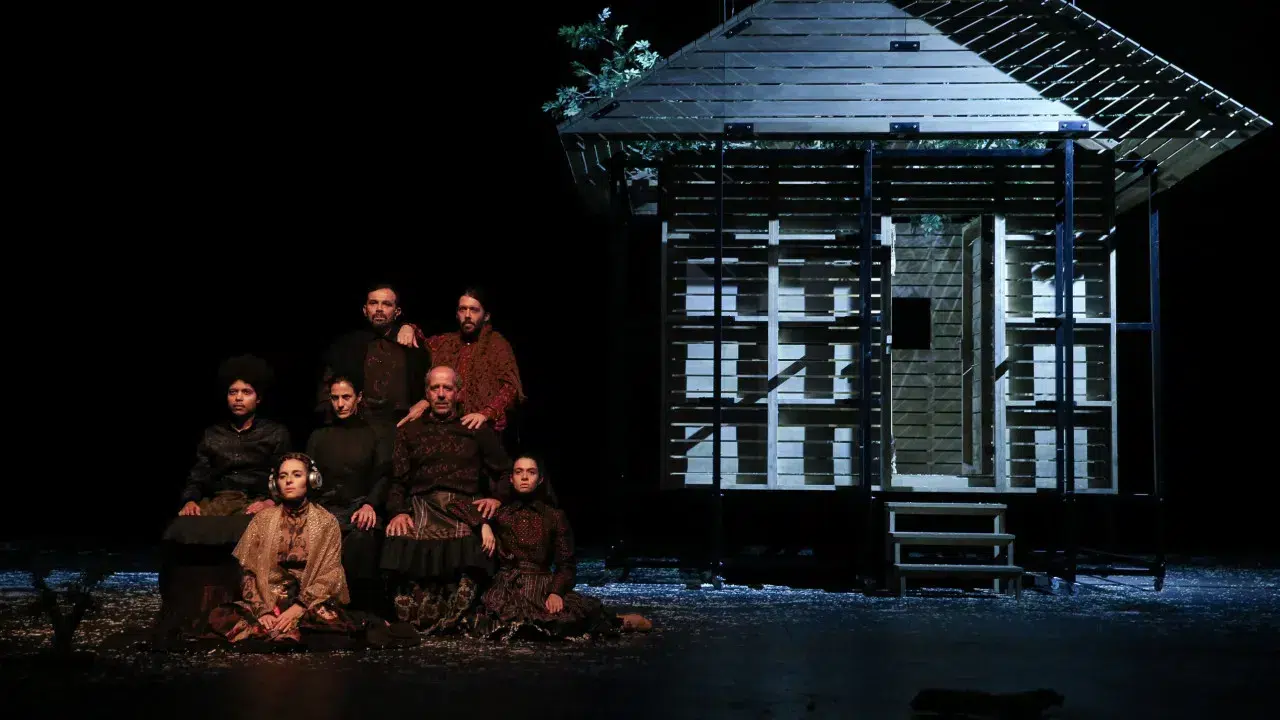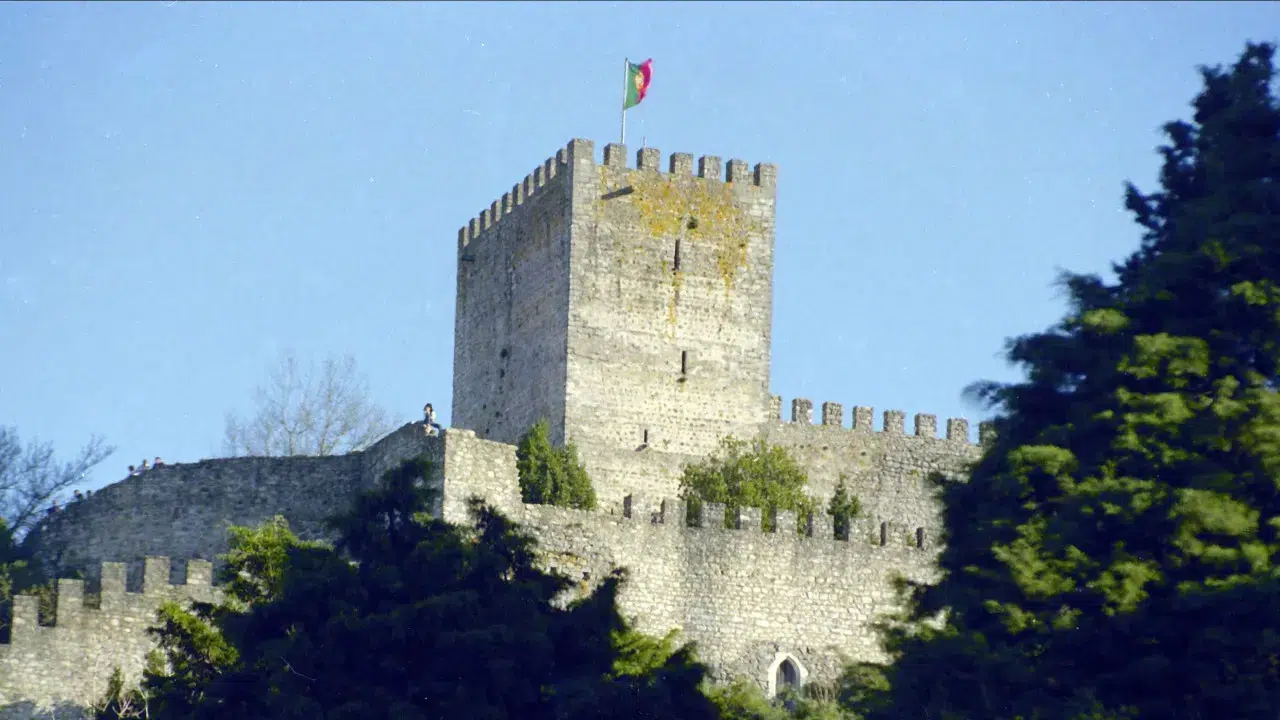The mayor of Coimbra has admitted the possibility of taking administrative possession of the former Sousa Bastos Theater, located in the Alta of the city, which has a rehabilitation project approved since 2017, but which has not seen any progress.
“Right now, the only alternative solution [for the Sousa Bastos, abandoned since the 1990s] is for the City Council to take administrative possession of the building and recover it,” Coimbra Mayor José Manuel Silva told Lusa news agency.
According to the mayor elected by the coalition Together We Are Coimbra (PSD/CDS-PP/Nós,Cidadãos!/PPM/Volt/RIR/Aliança), the administrative possession of the building is “a possibility that is on the table and has not yet advanced not for lack of will, but for lack of capacity to respond [financially] of the City Council of Coimbra.
“But let us be in no doubt that if private individuals do not rehabilitate their buildings, the City, in the future and with the legislation that already existed, will take administrative possession of some buildings, rehabilitate them, and charge the expense to the owners.”
The Sousa Bastos Theater has been abandoned since the 1990s, and is located in Coimbra’s Alta district, which, along with the University and Rua da Sofia, has been classified as a world heritage site for ten years.
In 2017, the Coimbra City Council, then led by the PS, approved a project to transform the space into an apartment block, reserving a part for a cultural space, in a development by the Eiclis company, which owns the building.
“The licensing process was very long and when the project was approved it coincided with other projects that we have underway. The property is still in the portfolio, but we still have no date to move forward [with the works],” Nuno Órfão, from Eiclis, told Lusa.
The responsible person explained that the company has “other investments that are more of a priority.
As for the future of the Casa da Escrita, a municipal space also located in Coimbra’s Alta, José Manuel Silva said that he wants the structure to evolve “into a citizens’ house for the Portuguese language”, given its past of supporting several people “with active anti-fascist intervention”.
João Cochofel’s old house is expected to work in partnership with other institutions, such as the Associação Portugal-Brasil 200 anos and the Faculdade de Letras da Universidade de Coimbra.
“We want to recover the aspect of artistic residence and extend the house to all forms of art, in a space that can bring together other institutions in its promotion,” he said, noting that the space will be programmed “by a multiple team” in which various entities participate.
Since the classification of the University of Coimbra, Alta and Rua da Sofia as a world heritage site, 59 rehabilitation operations have been registered for private property in the pole I area and 52 construction permits for the University of Coimbra over the last ten years.
At the moment, there are 16 processes underway regarding urban operations in the Alta, the municipality said.








